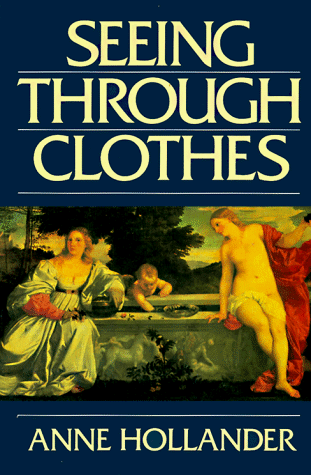International Journal of Communication, 8: Special Section: Media, Hot and Cold (2014)
Filed under journal | Tags: · climate, media, media studies, mediation, meteorology, temperature, weather
“The 21st century will be the century of temperature. As global temperatures rise, polar ice melts, and drought becomes a permanent way of life, temperature has become the single greatest challenge to human life on the planet.
Temperature is also a media problem in many ways: from the heat generated by new media—whether in our hands or in giant server farms; to the technologies used to measure, represent, and understand temperature; to the contribution of new media systems themselves to the problem of global warming. But this is not a new phenomenon. For centuries, media and mediation have been at the center of experiments in and beliefs about temperature and its relation to culture, gender, language, and life. In this special section, we take the 50th anniversary of Marshall McLuhan’s Understanding Media literally to ask “What are hot and cold media?””
Contributors: Alice Christensen, Wolfgang Ernst, Brenton J. Malin, Jessica Mudry, Dylan Mulvin, Lisa Parks, Rafico Ruiz, Nicole Starosielski, Jonathan Sterne, Marita Sturken.
Special section of the IJoC 8
Edited by Dylan Mulvin and Jonathan Sterne
Creative Commons BY-NC-ND License
ISSN 1932-8036
44 pages
PDF (single file)
PDFs (separate articles)
Anne Hollander: Seeing Through Clothes (1978)
Filed under book | Tags: · art, art history, beauty, body, clothing, costume, fashion, mirror, nudity, painting, photography, sculpture, style

“Seeing Through Clothes is a vivid pictorial history of the changing images of ourselves in fashion. From classical Greek sculpture through the photographs of Avedon, Anne Hollander shows us how art has determined, rather than reflected, our concept of beauty and fashion. She examines the evolution of underclothes, hair as a sexual symbol, the difference between ‘naked’ and ‘nude,’ the role of black clothing, the meaning of mirror images, and how our concept of the perfect figure changes, and thus has altered fashion through the ages.” (from the back cover)
Publisher Avon Books, New York, 1978
ISBN 0380487772
504 pages
Review (Kirkus Reviews, n.d.)
Commentary (Dan Piepenbring, The Paris Review, 2014)
Commentary (Valerie Steele, Artforum, 2014)
PDF (86 MB, no OCR)
PDF (38 MB, OCR’d version via Marcell Mars added on 2014-11-30)
Peter K. J. Park: Africa, Asia, and the History of Philosophy: Racism in the Formation of the Philosophical Canon, 1780–1830 (2013)
Filed under book | Tags: · africa, asia, china, egypt, empiricism, history of philosophy, idealism, india, pantheism, persia, philosophy, race, racism, religion, science

“A historical investigation of the exclusion of Africa and Asia from modern histories of philosophy.
In this provocative historiography, Peter K. J. Park provides a penetrating account of a crucial period in the development of philosophy as an academic discipline. During these decades, a number of European philosophers influenced by Immanuel Kant began to formulate the history of philosophy as a march of progress from the Greeks to Kant—a genealogy that supplanted existing accounts beginning in Egypt or Western Asia and at a time when European interest in Sanskrit and Persian literature was flourishing. Not without debate, these traditions were ultimately deemed outside the scope of philosophy and relegated to the study of religion. Park uncovers this debate and recounts the development of an exclusionary canon of philosophy in the decades of the late eighteenth and early nineteenth centuries. To what extent was this exclusion of Africa and Asia a result of the scientization of philosophy? To what extent was it a result of racism?
This book includes the most extensive description available anywhere of Joseph-Marie de Gérando’s Histoire comparée des systèmes de philosophie, Friedrich Schlegel’s lectures on the history of philosophy, Friedrich Ast’s and Thaddä Anselm Rixner’s systematic integration of Africa and Asia into the history of philosophy, and the controversy between G. W. F. Hegel and the theologian August Tholuck over ‘pantheism.'”
Review (Carlin Romano, Chronicle of Higher Education, 2014)
Discussion (Warp, Weft, and Way blog, Oct 2014)
Publisher SUNY Press, 2013
Philosophy and Race series
ISBN 9781438446417
237 pages

